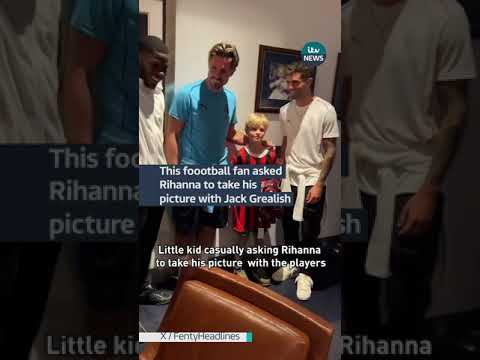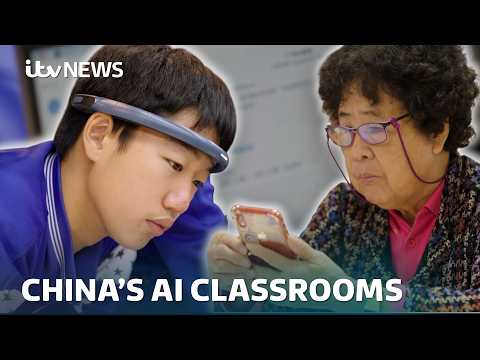
Eight babies have been born in the UK with the help of a groundbreaking technique using the DNA of three people to prevent devastating genetic diseases.
Four boys and four girls, including one set of identical twins, have been delivered and are all doing well following treatment by a team in Newcastle, who pioneered the new method, whilst one other woman is currently pregnant.
The scientific technique, known as mitochondrial donation treatment, is designed to prevent children from being born with devastating mitochondrial diseases that are passed down from their mothers.
These illnesses can be fatal and often cause devastating damage to organs including the brain, muscle, liver, heart and kidney.
The new findings on the eight births, published in the New England Journal of Medicine, show that all the babies are developing normally.
Of the eight babies born, three are now aged under six months, two are aged six to 12 months, one is 12 to 18 months old, one is aged 18 to 24 months and one child is aged over two.
All the babies are healthy and are meeting their milestones, according to the team from Newcastle upon Tyne Hospitals NHS Foundation Trust, Newcastle University and Newcastle Fertility Centre.
None of the eight babies shows signs of having mitochondrial DNA disease, which tends to affect around one in 5,000 births.
The scientists said disease-causing mitochondrial DNA mutations, picked up in three of the children, are either undetectable or present at levels that are very unlikely to cause disease.
The three-person method used by the team, known as pronuclear transfer (PNT), involves taking the egg from an affected mother, sperm from her partner and an egg from a donor who is free from disease.
Scientists transplanted the nuclear genome (which contains all the genes essential for a person’s characteristics, such as hair colour and height) from the egg carrying the mitochondrial DNA mutation into an egg donated by an unaffected woman that had had its nuclear genome removed.
Thanks to the procedure, the resulting baby inherits its parents’ nuclear DNA, but the mitochondrial DNA is mainly inherited from the donated egg.











